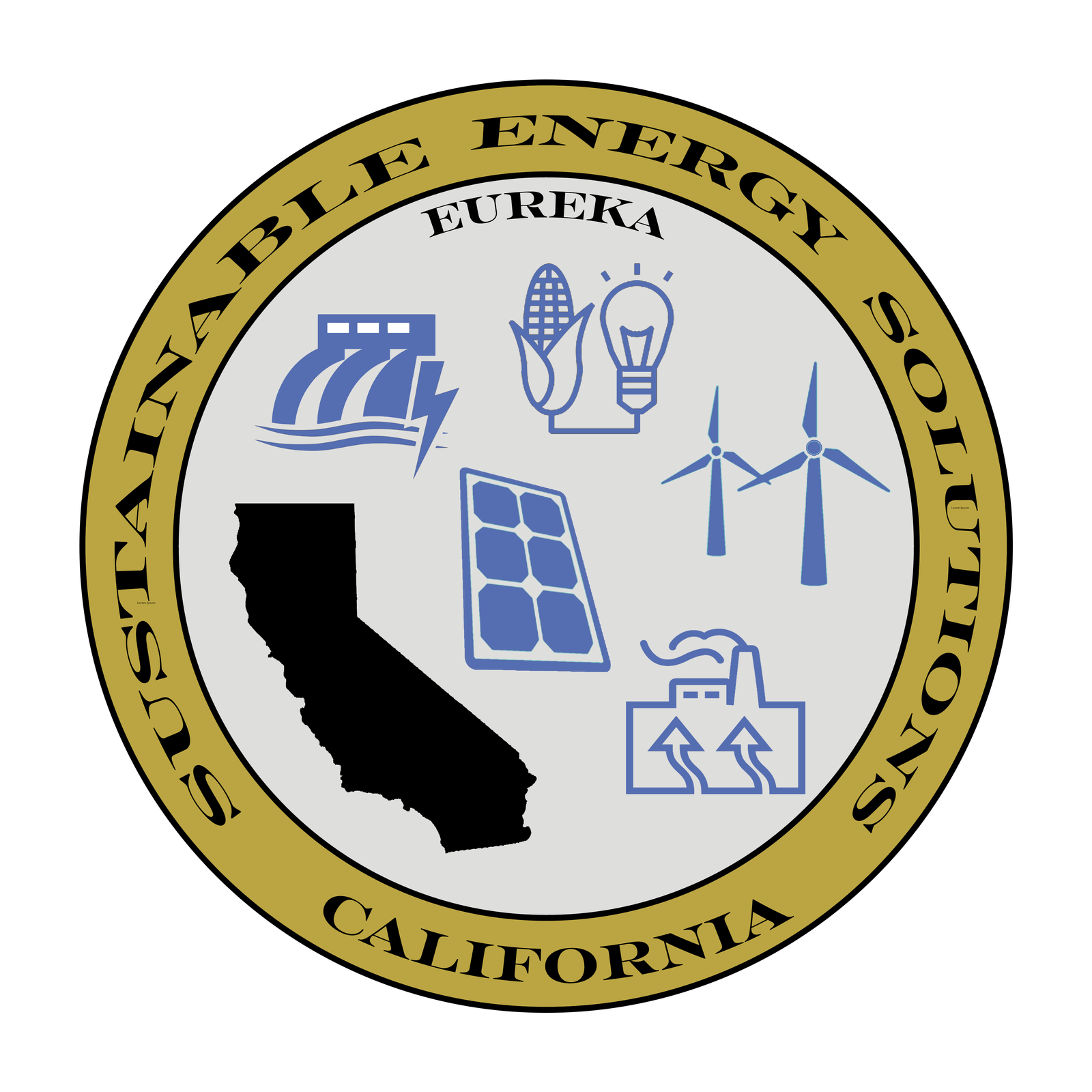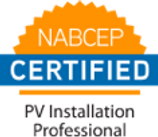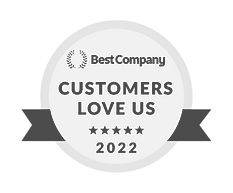In an era marked by environmental concerns and a growing emphasis on sustainability, the quest for efficient and eco-friendly home energy solutions has never been more relevant. From harnessing the power of the sun through solar panels to integrating cutting-edge smart window technology, the future of home energy solutions is indeed bright. In this blog post, we’ll delve into the transformative potential of these advancements and explore how they are shaping the way we power and manage our homes.
1. Solar Panels:
Solar panels have long been recognized as a key player in the realm of renewable energy. By converting sunlight into electricity, these photovoltaic systems offer homeowners a clean and sustainable alternative to traditional fossil fuels. Over the years, advancements in solar panel technology have made them more efficient, affordable, and accessible than ever before. From sleek rooftop installations to innovative solar shingles, homeowners have a myriad of options for incorporating solar power into their homes. With the ability to generate electricity even on cloudy days and during the winter months, solar panels have emerged as a reliable and resilient energy solution for the future.
2. Smart Windows:
While traditional windows serve as portals for natural light and ventilation, smart windows take functionality to a whole new level. Equipped with advanced technology such as electrochromic coatings and integrated sensors, smart windows can dynamically adjust their tint to optimize energy efficiency and indoor comfort. During hot summer days, smart windows can darken to block out excess sunlight and reduce cooling costs, while in colder climates, they can lighten to allow more sunlight in, thereby reducing the need for artificial heating. Additionally, smart windows can be connected to home automation systems, allowing homeowners to control them remotely via their smartphones or voice assistants. With their ability to adapt to changing environmental conditions and user preferences, smart windows are poised to revolutionize the way we think about window technology and energy management in the home.
3. Energy Storage Systems:
Another critical component of the future of home energy solutions is energy storage systems. While solar panels enable homeowners to generate their own electricity, energy storage systems allow them to store excess energy for use during periods of high demand or when solar production is low. Lithium-ion batteries, such as those used in electric vehicles, are commonly employed for residential energy storage due to their high energy density and long lifespan. By coupling solar panels with energy storage systems, homeowners can achieve greater energy independence, reduce their reliance on the grid, and even participate in energy arbitrage by selling surplus electricity back to the utility during peak demand periods. As battery technology continues to improve and costs decline, energy storage systems are becoming an increasingly integral part of the modern home energy ecosystem.
4. Home Energy Management Systems:
To fully optimize the potential of solar panels, smart windows, and energy storage systems, homeowners need robust home energy management systems that can intelligently orchestrate these components to maximize efficiency and savings. Home energy management systems leverage data analytics, artificial intelligence, and machine learning algorithms to monitor energy usage patterns, predict future consumption, and automate energy-saving actions. These systems can optimize the operation of HVAC systems, lighting, appliances, and other energy-consuming devices to minimize waste and reduce utility bills. By providing real-time insights and actionable recommendations, home energy management systems empower homeowners to take control of their energy usage and live more sustainably.
Frequently Asked Questions (FAQs):
Q: Are solar panels worth the investment? A: Yes, solar panels can significantly reduce your electricity bills over their lifespan, offering a solid return on investment while also reducing your carbon footprint.
Q: How do smart windows work? A: Smart windows use advanced coatings and sensors to control the amount of light and heat that enters a building. They can adjust their tint in response to changing conditions, helping to regulate indoor temperature and reduce energy consumption.
Q: What are the benefits of energy storage systems? A: Energy storage systems allow homeowners to store excess energy generated by solar panels for use at a later time, reducing reliance on the grid and providing backup power during outages.
Q: Can I integrate smart home technology with my existing appliances? A: Yes, many smart home systems are designed to be compatible with a wide range of appliances and devices, allowing you to upgrade your home’s energy efficiency without replacing all of your existing equipment.
Q: How can I find out if my home is suitable for solar panels? A: A solar installer can assess your home’s roof and location to determine its suitability for solar panels. Factors such as roof orientation, shading, and local weather conditions will be taken into account during the evaluation process.
In conclusion, the journey from solar panels to smart windows may just be the beginning of a transformative era in home energy solutions. As technology continues to evolve and costs continue to decline, the transition to a cleaner, more sustainable energy future becomes increasingly feasible for homeowners around the world. Whether through solar power, smart technology, or energy storage, the path to a more efficient and eco-friendly home is within reach.








